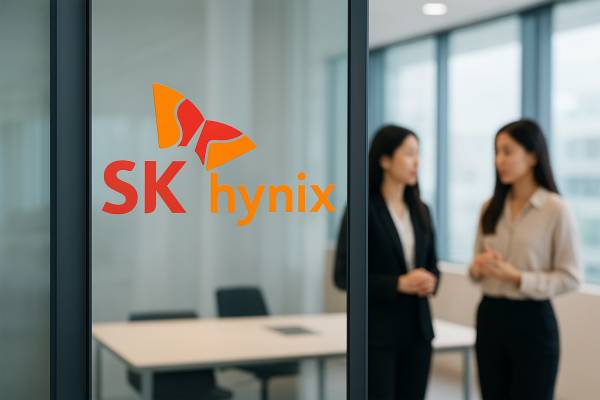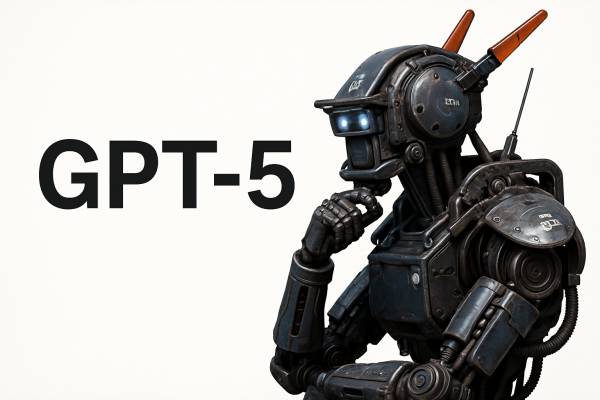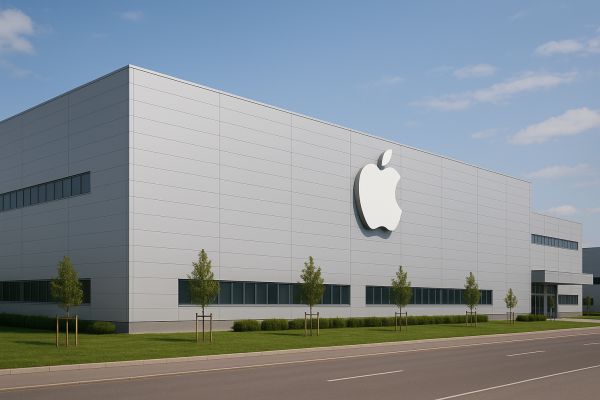Apple is developing an AI-powered health coach, codenamed “Project Mulberry,” designed to give personalized advice for everyday life. The new feature is expected to be included in a future iOS 19.4 update—likely in spring or summer 2026—and will first launch in the US.
Trials and the Competitive Landscape
Apple has already made progress in health and fitness. With the Apple Watch, the Health app, and Fitness+, the company has worked to collect and analyze as much information as possible about users’ lifestyles. These earlier efforts have prepared the way for a fully integrated, AI-based medical assistant. According to Bloomberg’s Mark Gurman, the new solution is already in full progress, and Apple wants to strengthen its position in digital health even more.
Competitors like MyFitnessPal and Noom are already active in personalized nutrition and lifestyle advice. They mainly focus on meal tracking and weight loss. However, Apple’s project could offer a more complete solution because it will use data from its own devices—such as the Apple Watch and iPhone—to tailor advice. In this way, Apple is using its entire ecosystem to create a service that not only focuses on food but also supports exercise, sleep, and even chronic conditions like heart disease.
Project Details and How It Works
The project, temporarily called Health+, will involve both Apple’s own medical experts and outside specialists like cardiologists and nutritionists. The AI-based medical assistant will study users’ health data (such as heart rate, sleep quality, and daily activity) to provide personal advice for better nutrition, regular exercise, and overall lifestyle improvements. The app will pay special attention to meal tracking—it is planned to use the iPhone’s camera to look at the food users eat so that it can offer real-time suggestions to improve nutrition.
The system will also help users exercise correctly by analyzing videos of their workouts, working together with the existing Apple Fitness+ platform. Another interesting part of the project is that training videos, made by experts to explain health trends, will be produced in a new studio in Oakland.
Summary
Apple’s new AI-powered health assistant is a further step in digital health, moving from just collecting data to giving active lifestyle advice. While earlier developments—the Apple Watch, the Health app, and Fitness+—have already succeeded in gathering data and monitoring passively, the new project aims to combine that data with real-time, personalized advice. Even though companies like MyFitnessPal and Noom are already offering meal and lifestyle advice, Apple’s integrated ecosystem and wide range of functions could lead the way in digital health.























